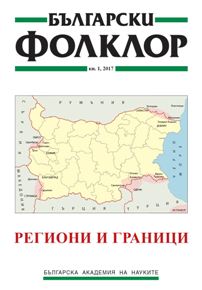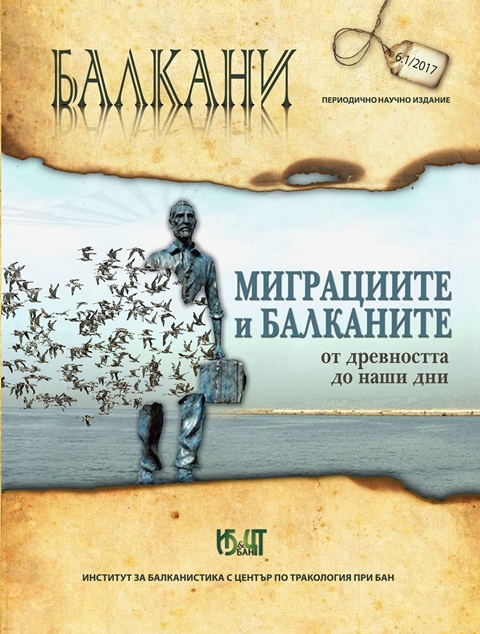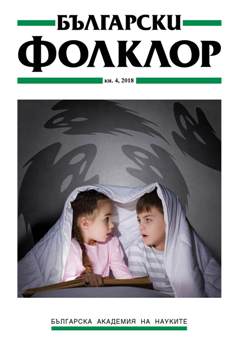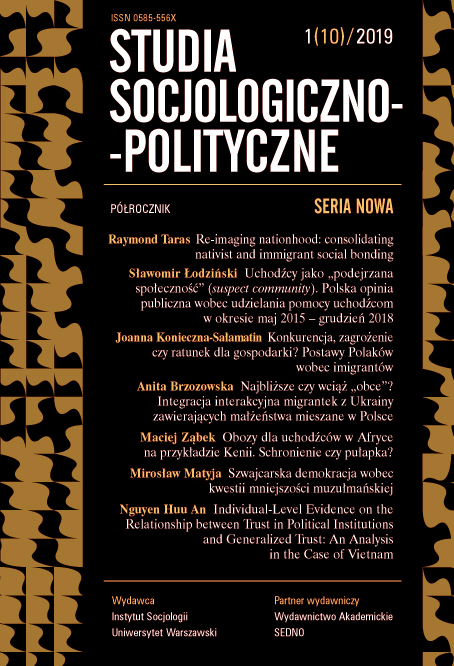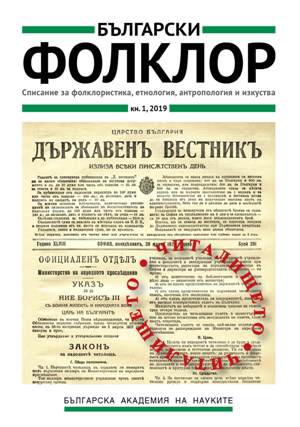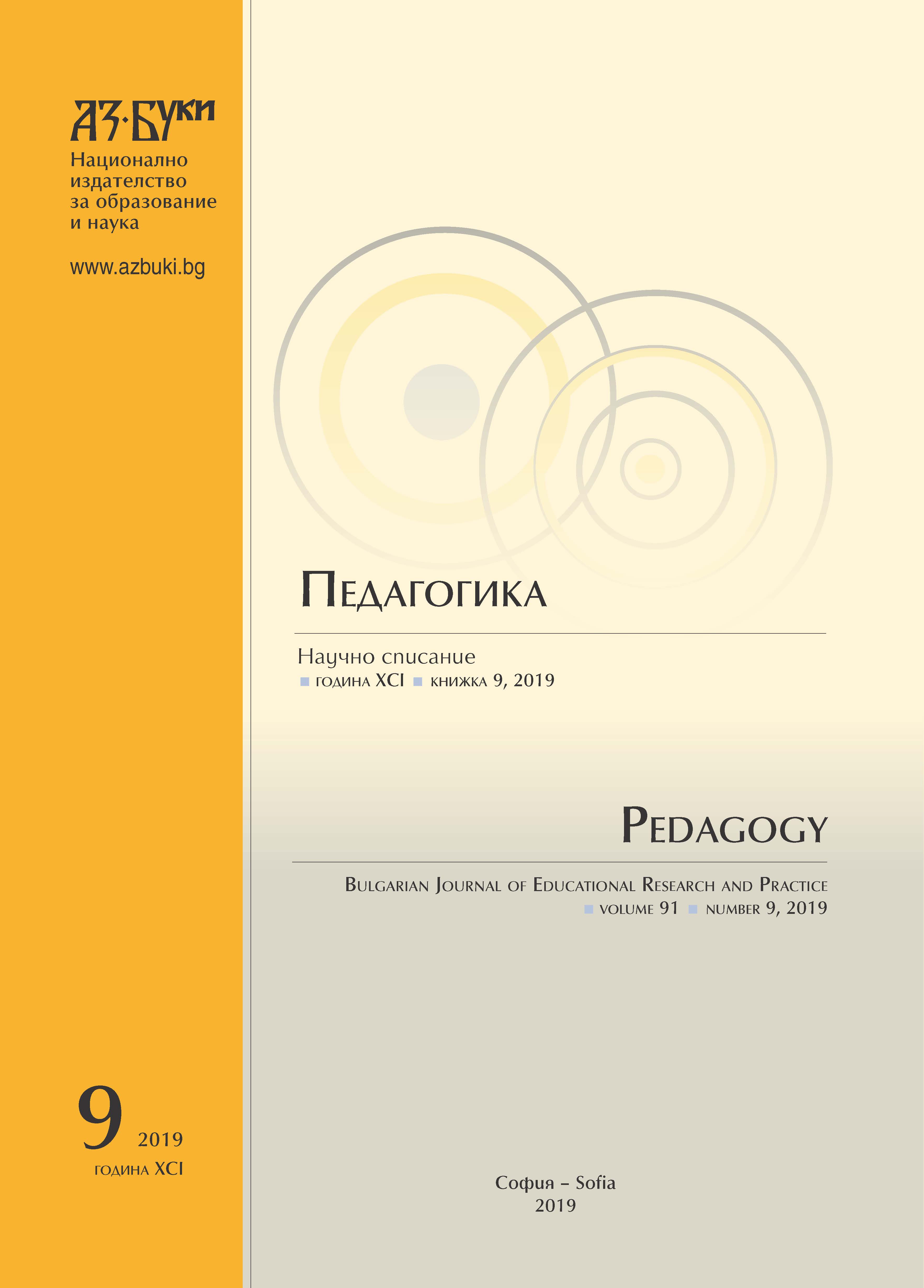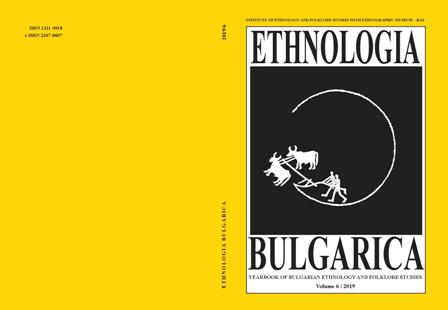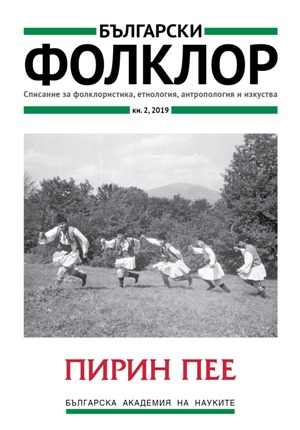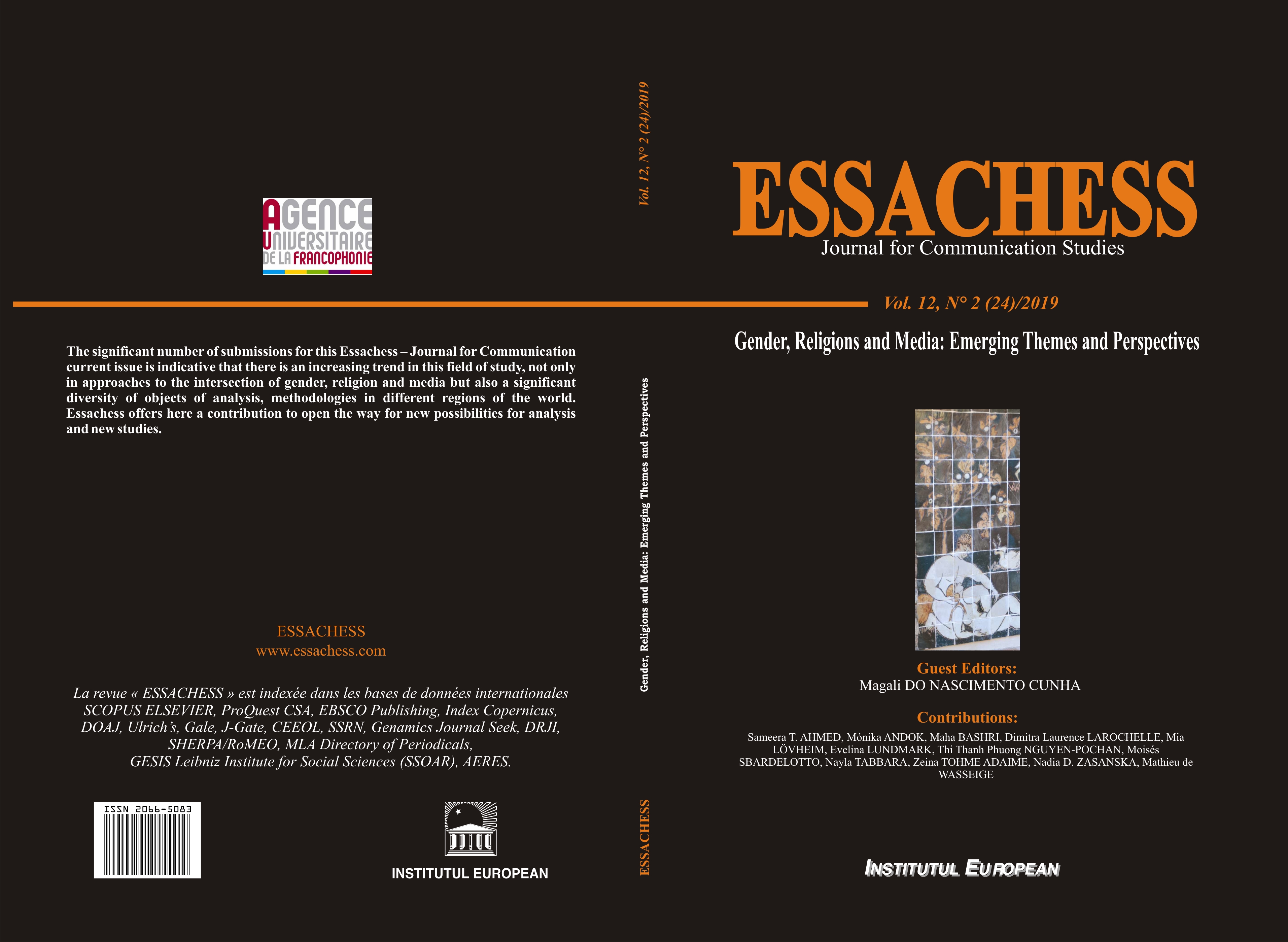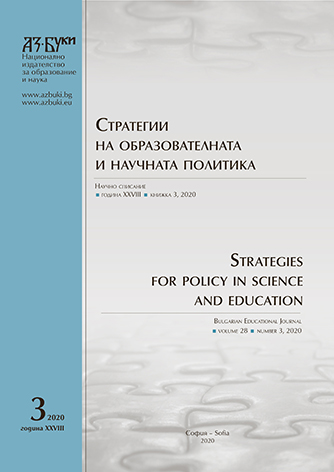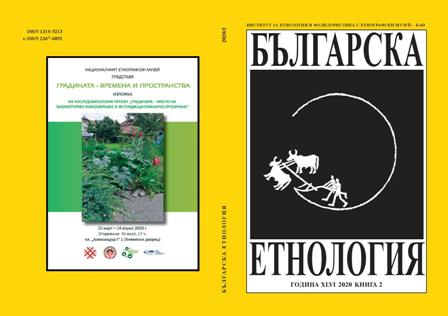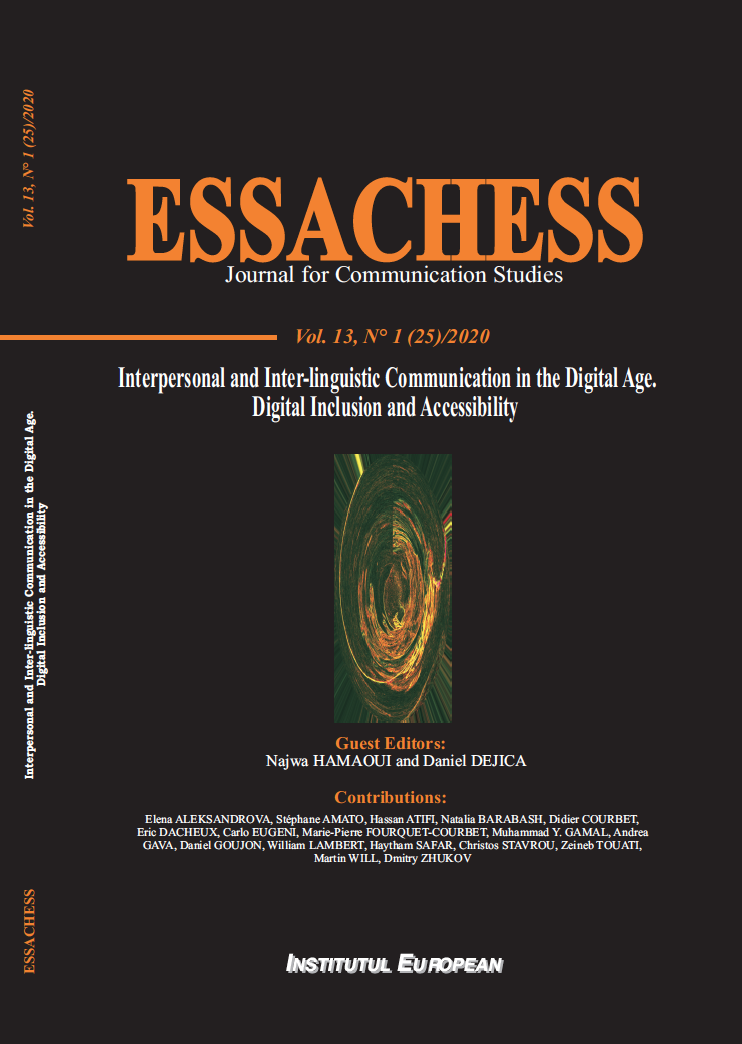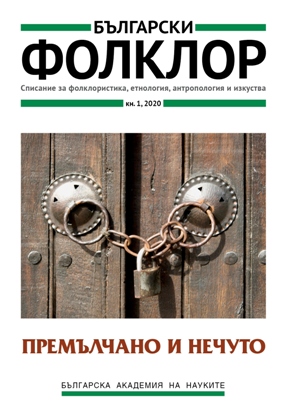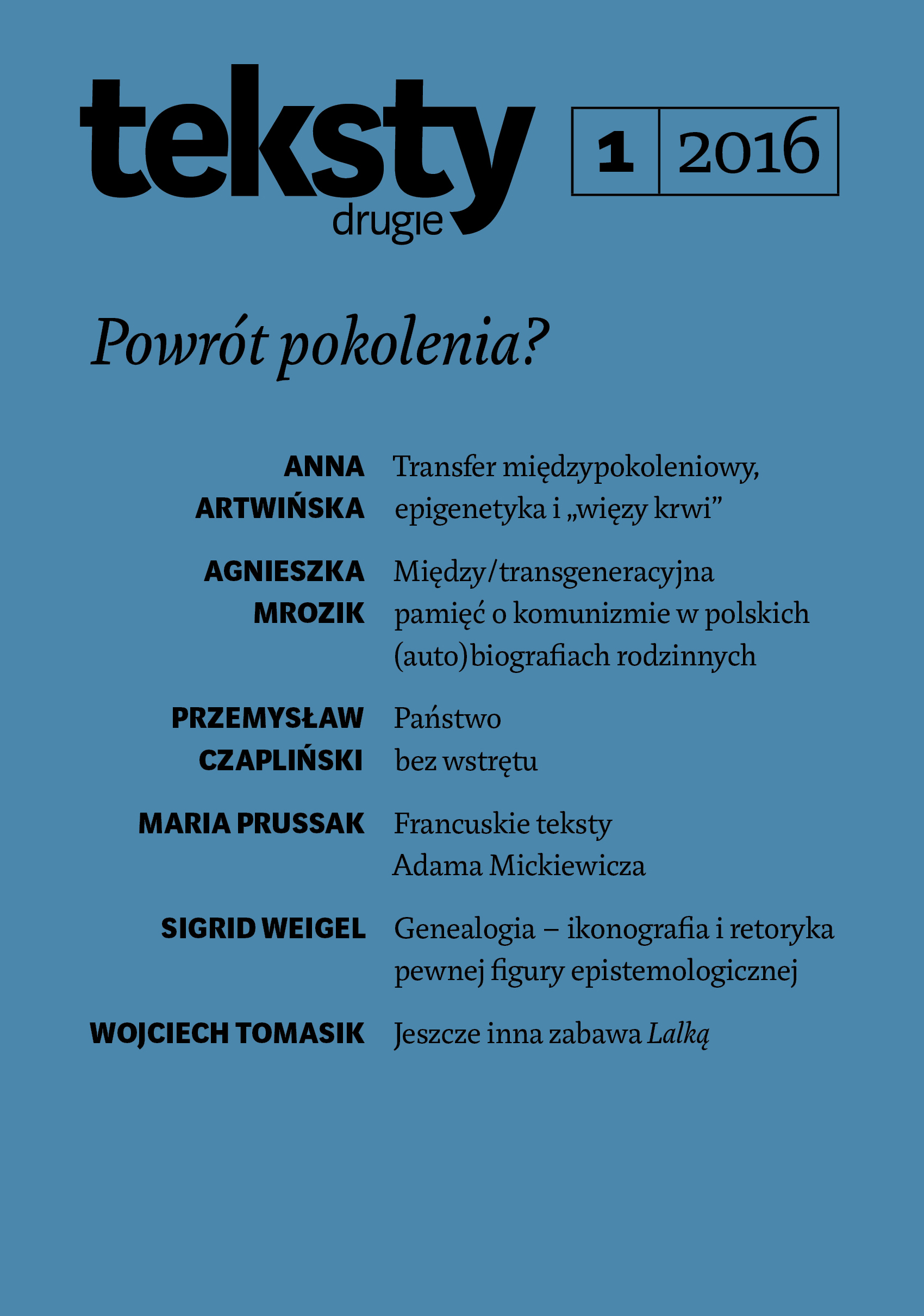
Państwo bez wstrętu
In this article Czapliński proposes to read Stefan Żeromski’s novel Before the Spring as a rather cruel project of the modern state. In this state the key subjects are communities (bioclasses and social classes) whose raison d’être are reproduction and productiveness. The biopolitical state must take them into consideration, as their usefulness transcends their own disgustingness. The state need not consider infertile classes (the landed gentry) or unproductive classes (parts of the Jewry), as their inability to meet the new criterion they are inexorably stigmatized as odious.
More...
